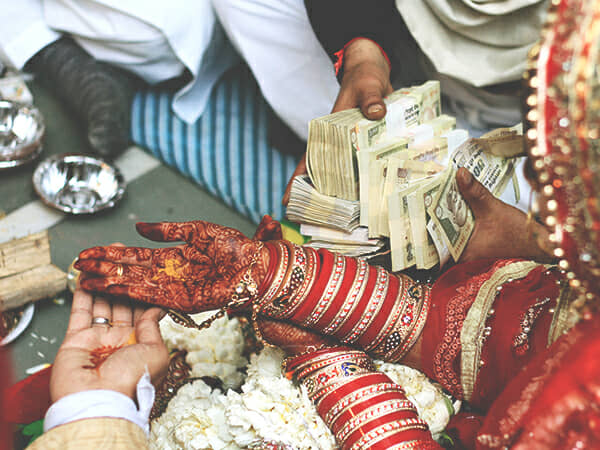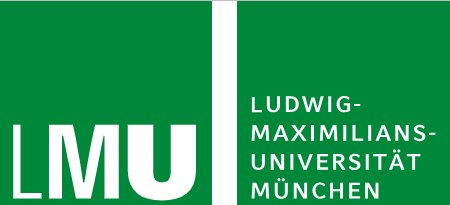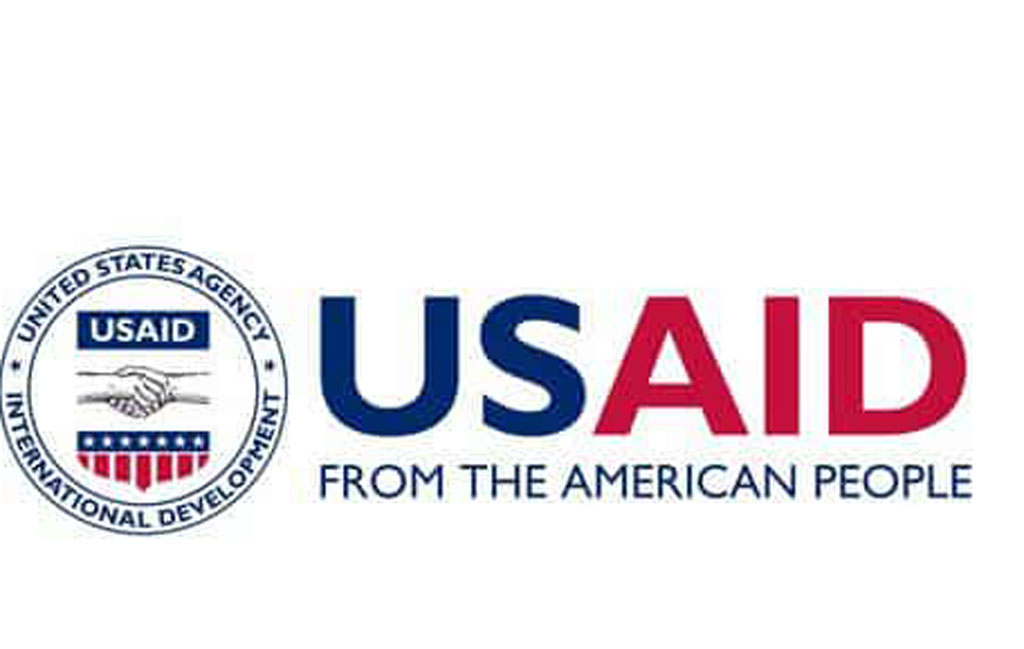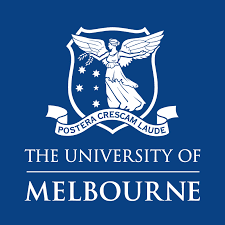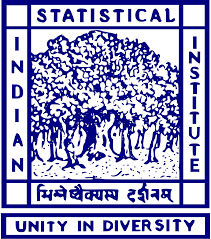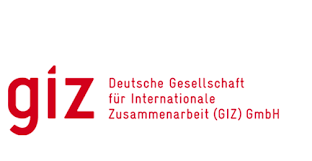Contact person and organization: Shyamal Chowdhury, Debdulal Mallick, Prabal Roy Chowdhury, Shyamal Chowdhury, Debdulal Mallick, Prabal Roy Chowdhury
We examine how mehr, a conditional payment from husbands to wives in the event of divorce, and dowry, a transfer from the bride’s family to the groom at the time of marriage, have fluctuated in Bangladesh due to natural shocks. We develop a model of the marriage market in which dowry acts as a groom price, whereas mehr serves to deter inefficient divorces. To rule out alternative explanations, particularly the effect of legal changes, we use household survey data from the Indian state of West Bengal that experienced a similar increase in agricultural productivity but none of the legal changes affecting Bangladesh.
Survey name: Survey on the Evolution of Dowry and Mehr India
Survey Details:
Survey Area:
• 6 district in West Bengal
• 12 Upazila's
• 102 Villages
Survey sample:
• Rural Household survey sample- 2000 female member of the household

